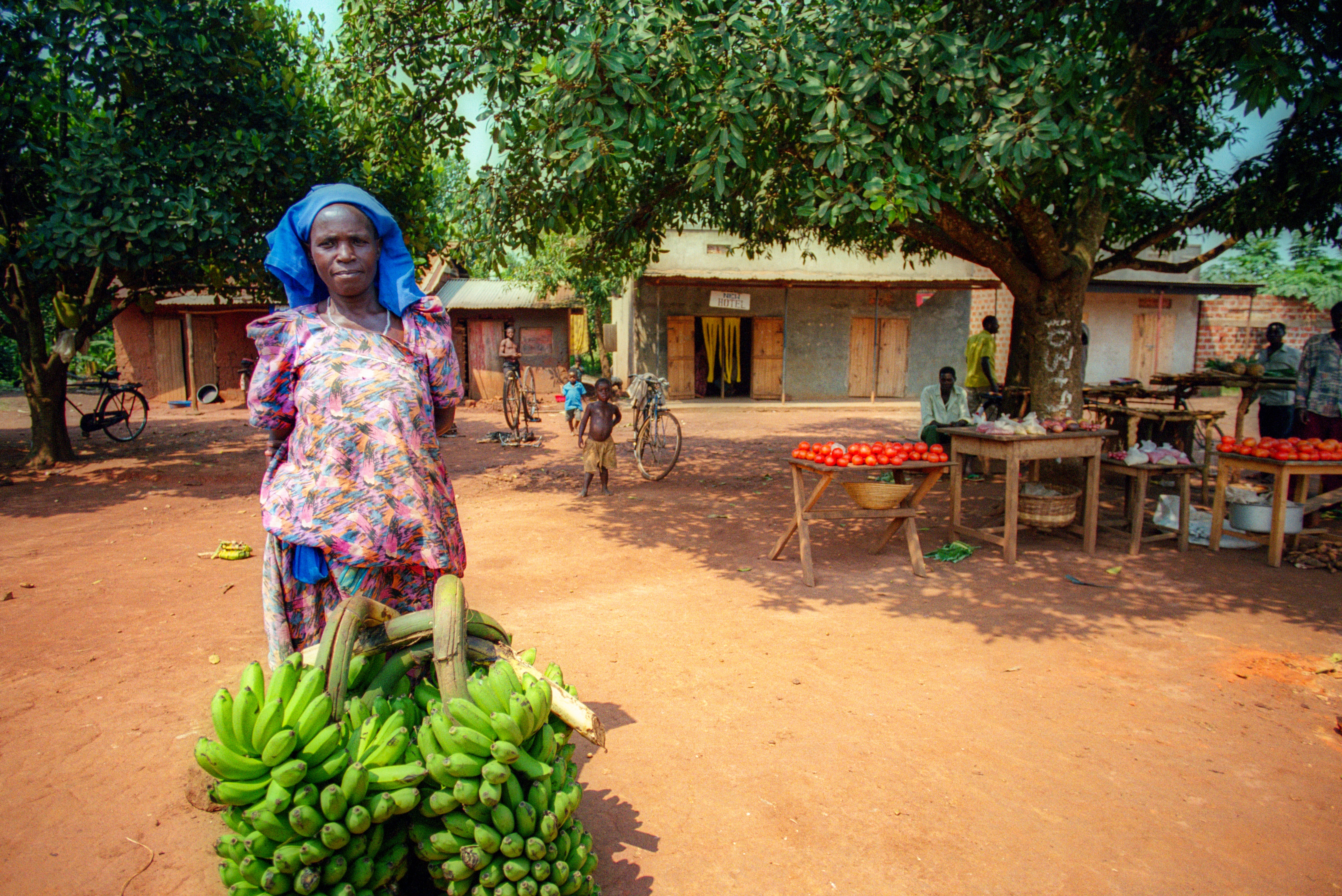Lessons Learned from USAID’s Integrated Community Agriculture and Nutrition Activity in Uganda
"Strengthening Community Resilience in Rural Uganda"
Image

Development programs aiming to increase productivity, wealth and health increasingly also aim to build the resilience of their target communities. Most are integrated programs or try to layer their interventions in co-located geographic communities. However, many programs still directly provide the resources and services communities need to be resilient, despite the evidence that a facilitative approach that leverages existing local partnerships is more effective in building and sustaining resilience. Partners who are committed to building sustainable programs at scale must influence markets and public systems, encourage local dialogue on the drivers of vulnerability and then work with community-level structures to build specific resilience capacities using multiple, integrated interventions.
USAID/Uganda's flagship resilience activity, the Integrated Community Agriculture and Nutrition (ICAN) Activity, facilitates the building of community level capacities to access and control resources, adopt behaviors for improved health and nutrition, participate in markets and integrate into social and governance activities. Throughout, ICAN generates lessons about effective approaches to increase resilience capacities at the community level.
This paper describes the community-based approaches that ICAN uses to integrate livelihoods, nutrition, education and governance interventions to strengthen resilience capacities in remote and vulnerable communities in Uganda.




